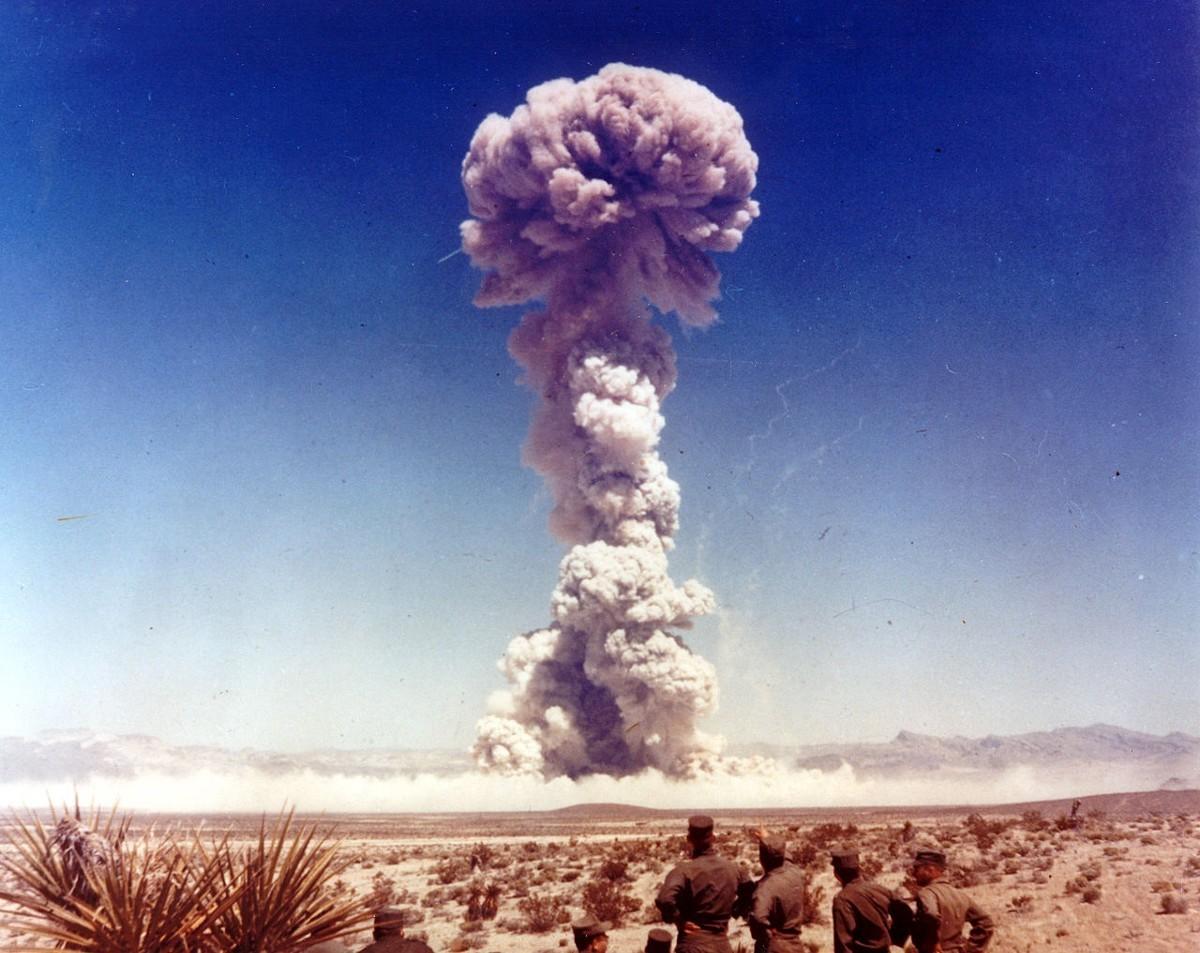Victims of radiation exposure from the world’s first atomic bomb test, known as the Trinity test, in New Mexico feel let down as Congress denies them compensation under the Radiation Exposure Compensation Act (RECA). An amendment to extend and expand RECA coverage was removed from the National Defense Authorization Act (NDAA) by Senate and House Armed Services Committees. These victims, known as “downwinders,” experienced fallout from the test, and Navajo miners who dug uranium for the bomb were also affected.
Key Points:
- Exclusion from Compensation: Congress has excluded New Mexicans affected by the Trinity test from compensation under the Radiation Exposure Compensation Act (RECA), despite their exposure to radioactive fallout and health issues linked to it.
- Historical Neglect: The neglect by the government dates back to the time of the Manhattan Project and the Trinity test, where farmers and ranchers living nearby were not warned about the test and received misleading statements regarding its consequences.
- Impact of Fallout: Radioactive fallout from the Trinity test contaminated water supplies, food sources, and livestock in rural New Mexico, leading to health issues like cancer, stillbirths, and birth defects among the affected population.
- Advocates’ Disappointment: Advocates for RECA extension and expansion expressed disappointment over Congress’ decision to remove the amendment, considering it a “slap in the face” by the federal government.
- Ongoing Efforts: Despite this setback, Senators Ben Ray Lujan and Josh Hawley plan to continue their efforts to extend and expand RECA coverage for victims of radiation exposure and nuclear testing, acknowledging the injustice done to those affected.






